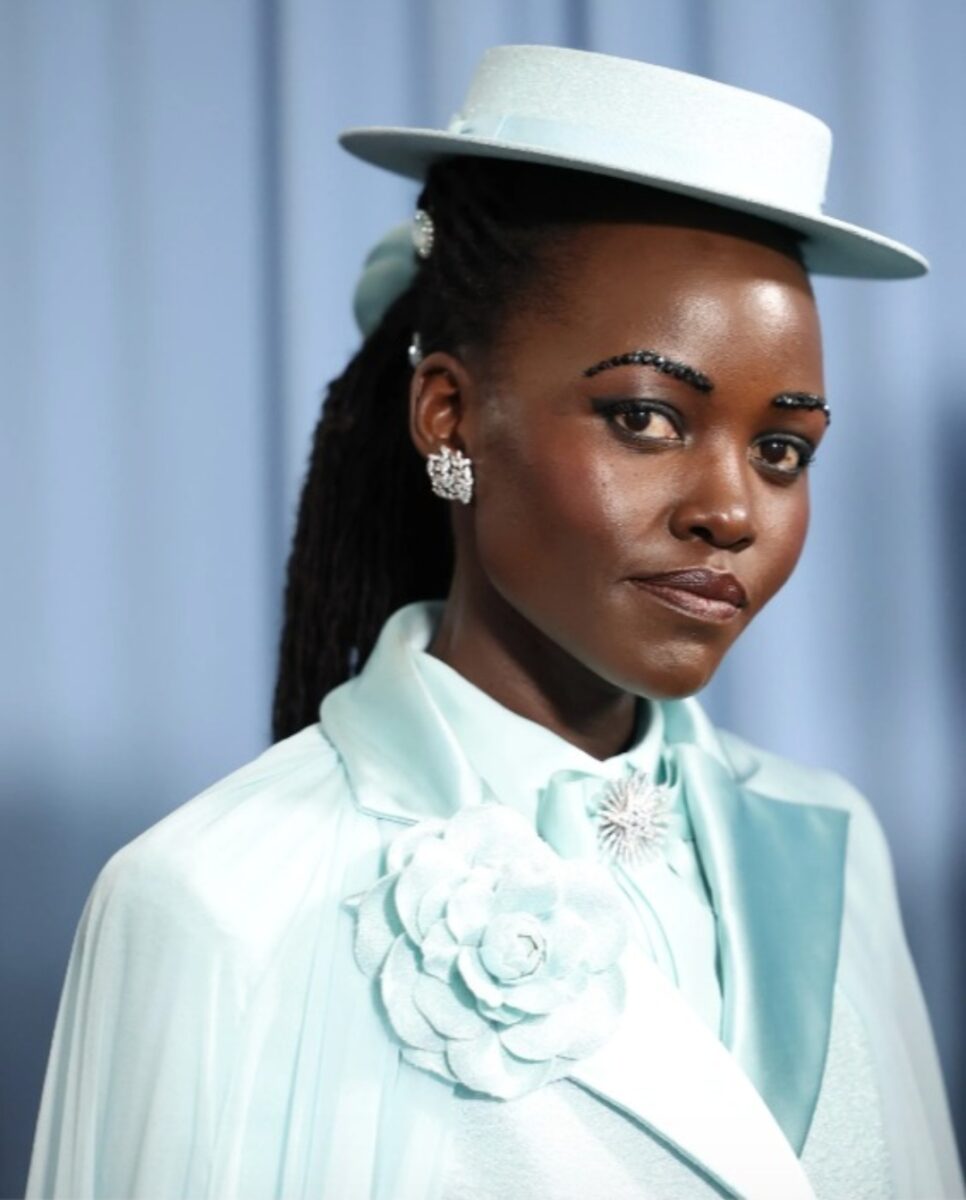When actress and cultural icon Lupita Nyong’o speaks, the world listens. Her latest mission is deeply personal: raising awareness and advancing research around uterine fibroids, a condition she has openly shared struggling with.
In a recent social media announcement, Nyong’o revealed she joined U.S. Congresswomen and Senators in Washington D.C. to introduce a comprehensive legislative package aimed at tackling fibroids—a condition that disproportionately affects Black women. The proposed bills seek to increase research funding, support early detection, expand access to treatment, and explore links to uterine cancer.
This moment of advocacy brings visibility to a health issue often discussed in whispers, despite its widespread impact.
Uterine fibroids are benign growths that develop in or around the uterus. While some cases remain without symptoms, others cause heavy menstrual bleeding, anemia, pelvic pain, frequent urination, and pregnancy complications. Fibroids can range in size—from as small as a pea to as large as a melon—and affect women differently. Yet, the statistics remain striking: up to 80% of Black women and 70% of white women may develop fibroids during their lives.
Despite these numbers, public conversation about fibroids is minimal.
Nyong’o’s personal experience adds a poignant voice to this cause. By sharing her story, she invites others to break the silence, normalising conversations around reproductive health challenges.
In partnership with the Foundation for Women’s Health, she also launched the FWH x Lupita Nyong’o Uterine Fibroid Research Grant. This initiative supports research into minimally and non-invasive treatments aimed at easing symptoms and improving quality of life for the millions affected—estimated at 15 million women in the U.S. alone.
Her involvement signals a hopeful shift—opening space for informed dialogue and evidence-based solutions, while honouring individual agency.
For many, navigating fibroids can be an isolating and complex journey, compounded by stigma and uneven access to care. Efforts like Nyong’o’s bring this experience into the light, encouraging empowerment and informed choices.
As with many women’s health issues, fibroids have often been overlooked in mainstream health discussions. Advocacy such as this helps centre these challenges gently but firmly.
This movement reflects a broader cultural shift where African women lead in advocating for their bodies, health, and futures. Nyong’o’s story and actions don’t claim all the answers, but illuminate a path forward.
To learn more or engage with the research initiative, visit @foundationwomenshealth.








